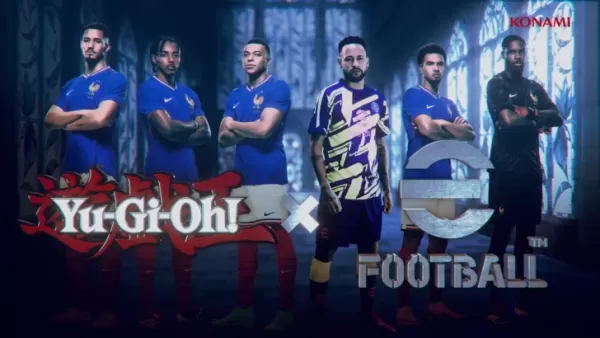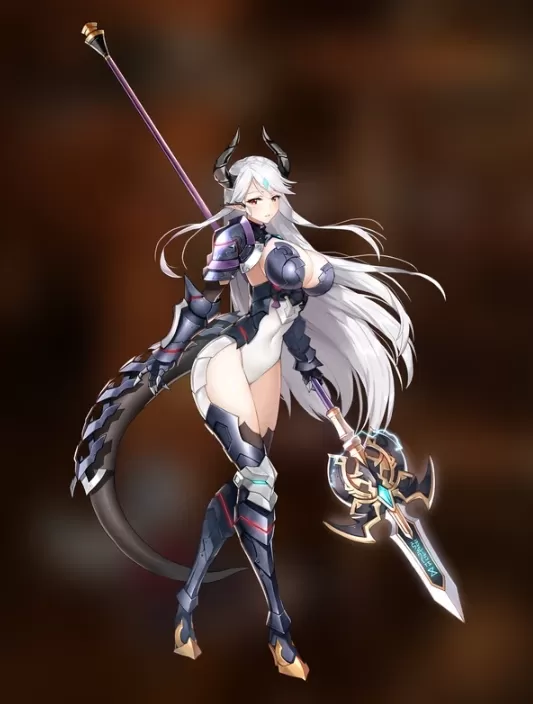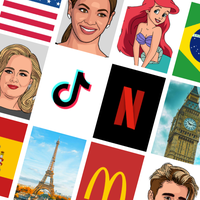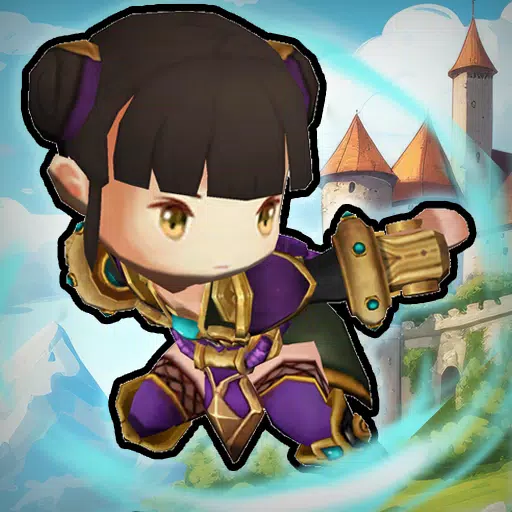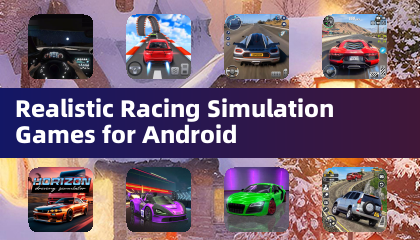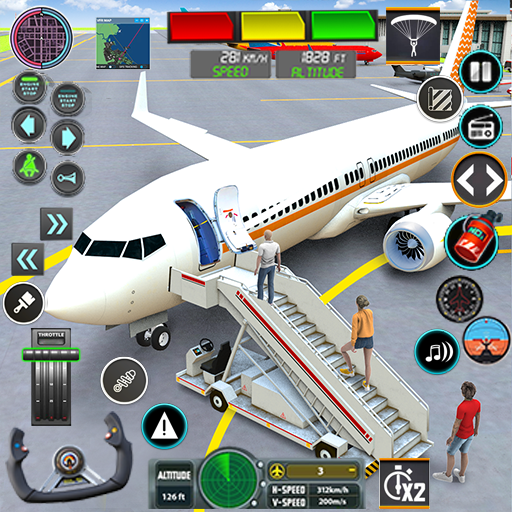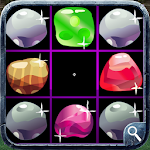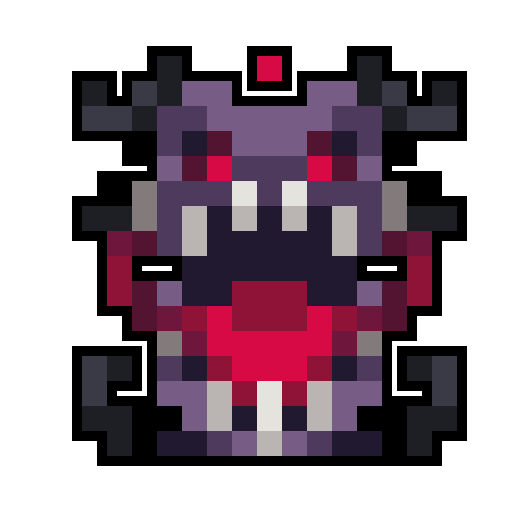The Marvel Cinematic Universe (MCU) has revolutionized entertainment with its interconnected series of films and TV shows, crafting a long-running, cohesive narrative that captivates audiences worldwide. However, Marvel's video games have not followed suit, with each title, such as Insomniac's Marvel's Spider-Man and Eidos-Montreal's Marvel's Guardians of the Galaxy, telling stories that are entirely separate and unrelated to one another. Upcoming titles like Marvel 1943: Rise of Hydra, Marvel's Wolverine, and Marvel's Blade also lack any shared universe connections.
Yet, there was once a vision at Disney to create a Marvel Gaming Universe (MGU) that would mimic the success of the MCU by integrating Marvel video games into a single, unified narrative. So, what led to the abandonment of this ambitious project?

On The Fourth Curtain podcast, host Alexander Seropian and guest Alex Irvine, both of whom were involved with the MGU concept, shed light on its fate. Seropian, known for co-founding Bungie and his work on Halo and Destiny, later managed Disney's video game business before departing in 2012. Irvine, a long-time Marvel game writer, contributed significantly to Marvel Rivals.
Irvine reminisced about the early days of his involvement with Marvel games, mentioning the initial plan for an MGU. "When I first started working on Marvel games, there was this idea that they were going to create a Marvel gaming universe that was going to exist in the same way that the MCU did," he explained. "It never really happened."
Seropian confirmed that the MGU was his brainchild, proposed during his tenure at Disney. "When I was at Disney, that was my initiative, 'Hey, let’s tie these games together.' It was pre-MCU," he said. "But it didn’t get funded."
Irvine, who had previously worked on the innovative Halo ARG I Love Bees, elaborated on how the MGU would have functioned. "That was so frustrating because we came up with all these great ideas about how to do it," he recounted. "And I was coming out of ARGs at that point and thinking, 'Wouldn’t it be cool if we had some ARG aspects?' There would be a place where players could go that all the games touched, and we could move them back and forth from game to game. We could link in comics, we could loop in anything, we could do original stuff. And then, as Alex said, it didn’t get funded. So we made a bunch of games."
The MGU's failure to secure internal support stemmed from its complexity. Irvine noted, "Even back then, we were trying to figure out, 'If there’s going to be this MGU, how is it different from the comics? How is it different from the movies? How are we going to decide if it stays consistent?' And I think some of those questions got complex enough that there were people at Disney who didn’t really want to deal with them."
It's intriguing to consider the potential of a realized MGU. If it had come to fruition, we might have seen Insomniac's Spider-Man games sharing a universe with Square Enix's Marvel's Avengers and Marvel's Guardians of the Galaxy, with characters crossing over and stories converging towards an epic, Endgame-like climax.
Looking forward, fans are curious about Insomniac's upcoming Marvel's Wolverine game. Will it share the same universe as Marvel's Spider-Man? Could there be cameo appearances from other characters?
Ultimately, the MGU remains a fascinating "what if" scenario in the realm of video game development. Perhaps, in another universe, it thrives as a testament to Marvel's expansive storytelling potential.

